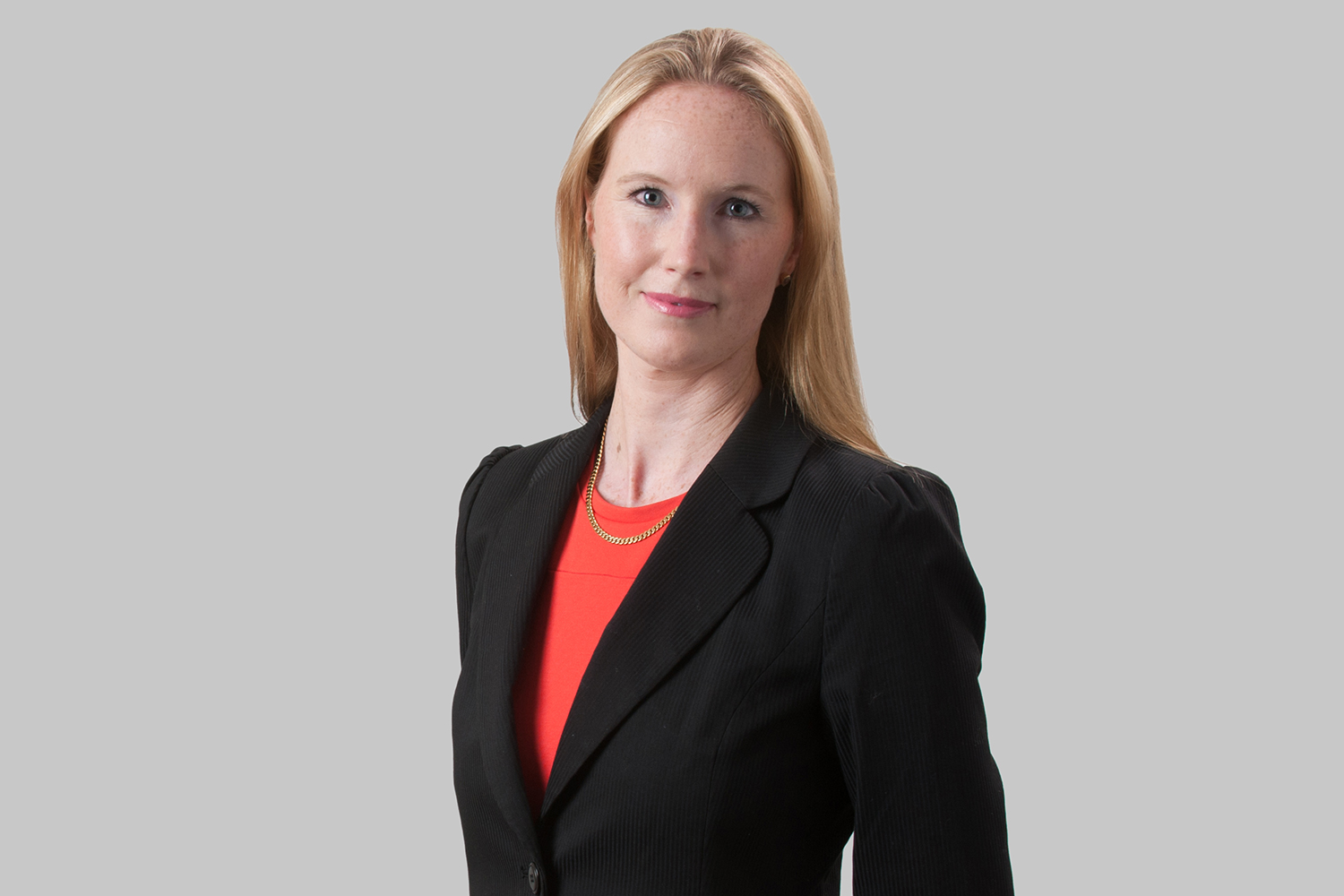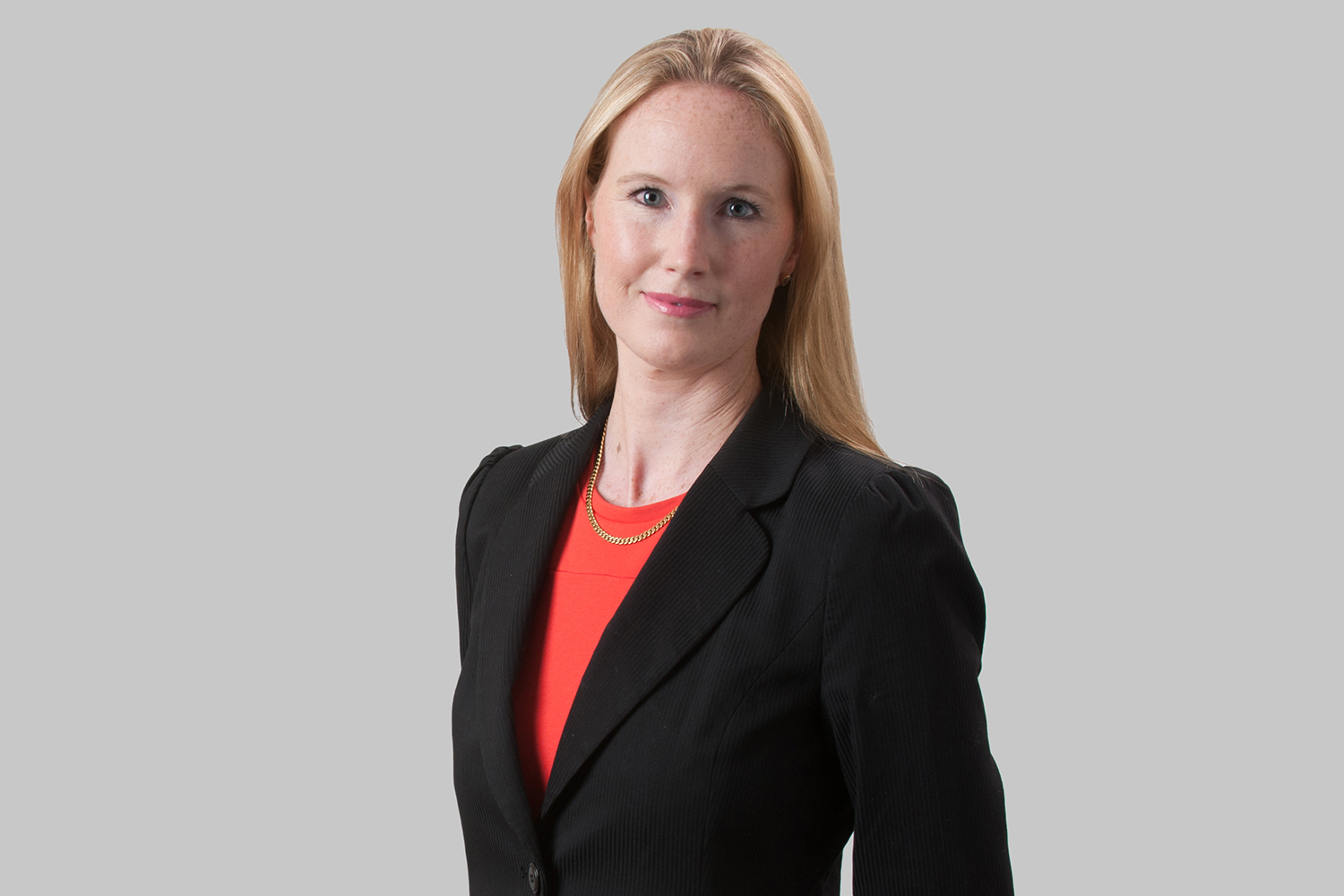
Kate Hodson 凯特·赫臣
Partner and Head of ESG (Legal) 合伙人 | Legal
Hong Kong

Kate Hodson 凯特·赫臣
Partner and Head of ESG (Legal) 合伙人
Hong Kong
No Content Set
Exception:
Website.Models.ViewModels.Components.General.Banners.BannerComponentVm
Environmental, social and governance (ESG) considerations, in particular the "E" and the "S", are working their way into the legal profession in ways that go far beyond the traditional CSR efforts and the practices of environmental and human rights lawyers. Now lawyers from a broad range of practice areas, not limited to investment funds, finance, private wealth, capital markets, litigation and corporate, are developing new literacy around such topics, many relishing the opportunity to support projects that are seen as good for the planet and society. In addition, firms are being driven to consider their own environmental and social performance and so we see new roles emerging within firms, such as heads of wellness, sustainability and diversity and inclusion.
Corporate social responsibility (CSR) programmes in law firms have traditionally been founded on the delivery of pro bono legal advice and charitable endeavours. While driven by a desire to give back to society they were further re-affirmed by the positive implications that are associated with such actions and behaviours, including profile raising and contributing to firm culture. However, just as ESG goes beyond philanthropy and has entered the investment space, so too has ESG entered the business of law firms. ESG is an area where lawyers can add value and indeed clients are increasingly likely to require such services given the momentum around ESG, investor demand and changing regulatory landscape. For example, transactional lawyers now find themselves advising on the structuring and documenting of green bonds, green loans, sustainability-linked loans and bonds, green funds, impact funds, responsible investment funds and so on. It's not just new products that are on the market but also new forms of regulation impacting the finance industry.
Much of the recent emphasis on the "E" in regulation of the finance sector has been on anti-green washing protection, as well as initiatives directed at climate change. In Hong Kong, for example, the Securities and Futures Commission proposes to introduce changes to the Fund Manager Code of Conduct to require fund managers to consider climate related risks in their investment and risk management processes. This follows the implementation of the mandatory ESG requirements in the Hong Kong Listing Rules which makes reference to the recommendations made by the Task Force on Climate-related Financial Disclosures. Another area of development on the international stage has been around the interpretation of fiduciary duty as highlighted in the 2005 Freshfields Report and the 2015 report titled "Fiduciary Duty in the 21st Century" (a co-operation by the Principles for Responsible Investment (PRI), UNEP FI, UNEP Inquiry and UN Global Compact).
Such developments are reflective of growing support for the view that material ESG factors such as climate change must be considered and managed by businesses and asset managers. The PRI reports that globally there have been 730 hard and soft-law policy revisions, across 500 policy instruments "which support, encourage or require investors to consider long-term value drivers, including ESG factors". Lawyers are in prime position to help support clients to respond to governance and regulatory changes and innovate ways of structuring products to meet changing investor and regulatory demands.
But it's not just revenue drivers, law firms are also under pressure to enhance their own performance when it comes to environmental and social standards. Further, law firms are not immune from scrutiny when it comes to their roles in negative ESG outcomes, including climate change. Although law firms might be part of the services industry with a lighter environmental footprint than other industries, a law firm's impact on the environment goes beyond its energy usage and paper waste. It extends to the clients it works with, the example its sets to its employees and the impact of its work within communities and industries. Reflecting this stakeholder view, signs are emerging of greater interest among law firms to demonstrate enhanced corporate responsibility. In fact there is a small but growing number of firms which have become B Corporations. B Corps are representative of a move towards a more inclusive stakeholder model and reflect a renewed emphasis amongst corporations for not just doing "best in the world" but also "best for the world".
Just as with CSR, competition is helping to incentivise law firms "to do good" when it comes to the environment, an area not traditionally a focus for law firms beyond those advising on environmental law. As the momentum for ESG has dramatically risen in the last few years, some law firms are trailblazing the road for ESG, realising the benefits it can have on attracting talent and clients in addition to the altruistic rewards of being a force for good.
About the author: Kate Hodson is partner in Ogier's Hong Kong office and Global Head of ESG Funds. She is a member of the firm's diversity and inclusion working group, a member of its environmental committee and recently achieved a Masters in Energy and Environmental Law from the Chinese University of Hong Kong.
This article featured in Hong Kong Lawyer's February edition.
Ogier is a professional services firm with the knowledge and expertise to handle the most demanding and complex transactions and provide expert, efficient and cost-effective services to all our clients. We regularly win awards for the quality of our client service, our work and our people.
This client briefing has been prepared for clients and professional associates of Ogier. The information and expressions of opinion which it contains are not intended to be a comprehensive study or to provide legal advice and should not be treated as a substitute for specific advice concerning individual situations.
Regulatory information can be found under Legal Notice
Sign up to receive updates and newsletters from us.
Sign up
No Content Set
Exception:
Website.Models.ViewModels.Blocks.SiteBlocks.CookiePolicySiteBlockVm